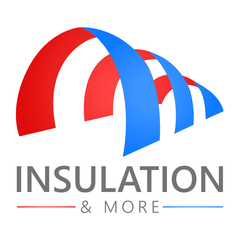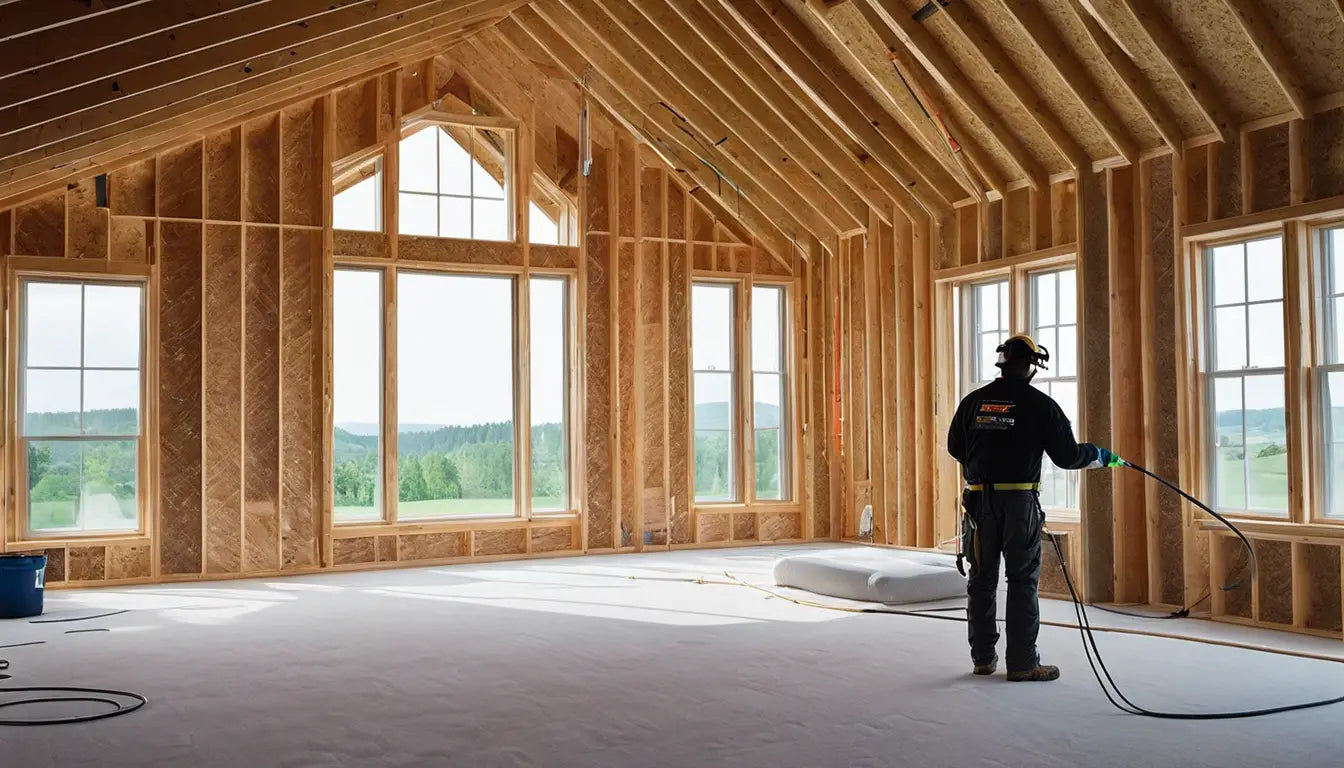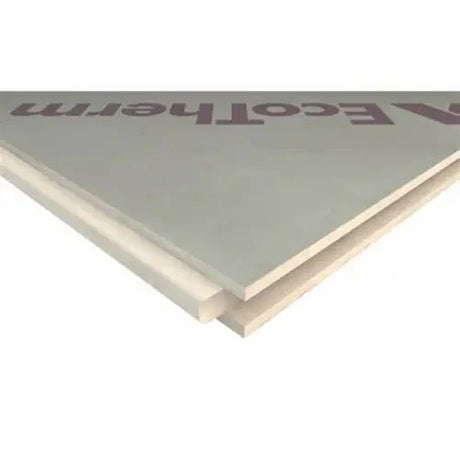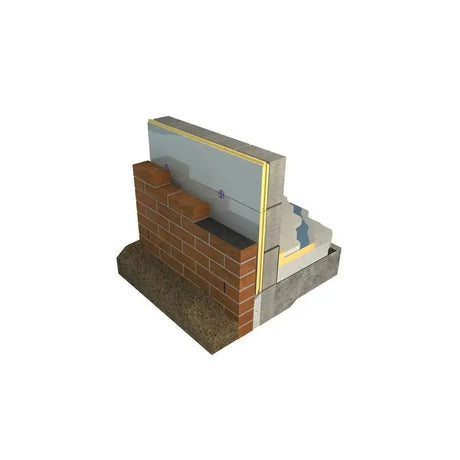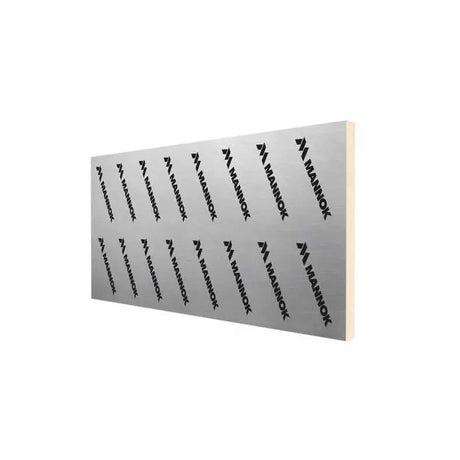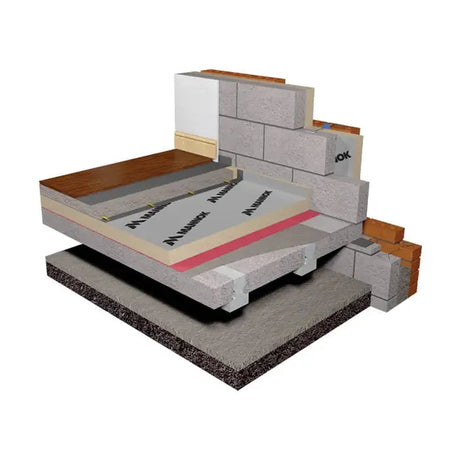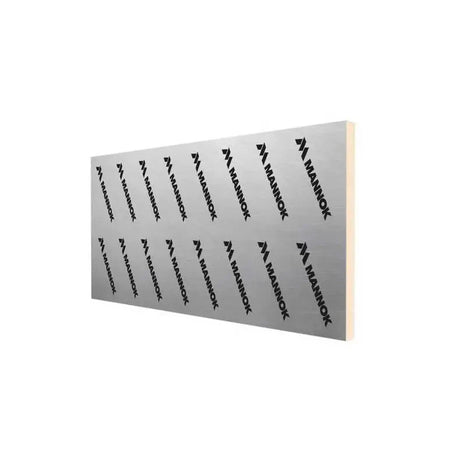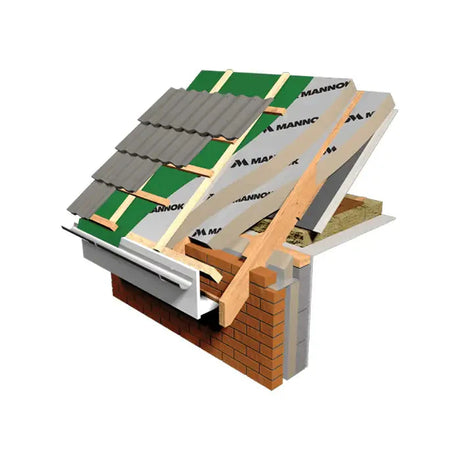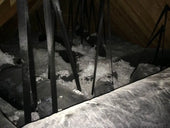When it comes to insulating your home, choosing the right materials is crucial both for comfort and safety. Spray foam insulation has gained popularity in recent years due to its high energy efficiency and versatility. However, many homeowners wonder: are spray foam insulation safe? In this article, we'll delve into the benefits and risks of spray foam insulation to help you make an informed decision for your home.
Spray foam is composed of materials that react quickly to expand and form a protective barrier. It's effective at sealing leaks and gaps, making it an excellent choice for insulation. To understand more about what they're made from, consider exploring the constituents of spray foam.
Benefits of Spray Foam Insulation
Exceptional Energy Efficiency
Spray foam insulation can significantly lower your energy bills. It has a superior R-value, which measures resistance to heat flow, hence enhancing a building's energy efficiency.
Durability and Longevity
This type of insulation is known for its longevity. Once applied properly, it can last for decades without sagging or settling.
Better Air Quality
Spray foam assists in reducing air infiltration, which can decrease the presence of allergens and pollutants in the home.
Moisture Barrier
It provides an excellent moisture barrier, preventing water vapor from entering and potentially causing mold or mildew problems.
Flexibility
Spray foam can insulate hard-to-reach areas and conform to any shape, which is fantastic for irregular spaces.
While the above benefits are enticing, let's take a look at a balanced perspective which includes both the benefits and the drawbacks in a comprehensive list.
Risks of Spray Foam Insulation
Installation Concerns
Improper installation can lead to off-gassing of harmful chemicals, which can be unsafe for residents. It is essential that the installation is handled by a professional.
Chemical Sensitivity
Due to the chemicals involved, some individuals may experience sensitivity or allergic reactions when exposed to uncured spray foam insulation.
Difficulty in Removal
Once cured, spray foam is difficult to remove. This can pose challenges for future renovations or repairs.
Cost
Spray foam insulation can be more expensive initially compared to traditional insulating materials like fiberglass.
Some homeowners have reported problems with spray foam, ranging from minor discomfort to more serious issues. Understand these potential difficulties in greater depth through an examination of the typical problems associated with spray foam insulation.
While the initial benefits may seem appealing, it's also essential to be aware of possible disadvantages. A thorough account of these can be found which outlines the disadvantages of spray foam insulation.
Health Concerns
One of the main concerns with spray foam is the potential for releasing harmful chemicals during and after installation. For insights into the specific chemicals you may be exposed to, read here about the chemicals in spray foam insulation.
Moreover, many people are curious about the longer-term effects of having spray foam in their homes. Do these chemicals cause issues over time? Find out what you need to know about the long-term effects.
Concerning more immediate health risks, there's a considerable dialogue around whether spray foam insulation can lead to respiratory problems. If this is a particular worry of yours, further information is available discussing if spray foam can cause respiratory issues.
Given these points, is there a clear answer to the safety of spray foam insulation? This is a frequent question many homeowners ask, and it's essential to gather as much information as possible. Gain a broader understanding of the safety aspects by looking into whether spray foam insulation is safe.
Making the Decision for Your Home
When considering spray foam insulation, it's important to weigh both its benefits and risks. Here's a simple table to assist in comparing these factors:
| Pros | Cons |
|---|---|
| Superior energy efficiency | Higher upfront cost |
| Long-lasting performance | Difficult to remove |
| Improved indoor air quality | Potential for chemical sensitivity |
| Excellent moisture barrier | Installation must be done professionally |
| Fills irregular spaces effectively | Possible long-term health effects |
It's recommended to consult with insulation professionals who have the right expertise and can safely apply spray foam, thereby minimizing any potential risks.
Conclusion
While spray foam insulation offers several compelling benefits, such as energy efficiency and airtight sealing capabilities, the risks and potential health concerns cannot be ignored. Ensure a thorough exploration of both sides of this topic before deciding if spray foam insulation is the right choice for your home. Above all, the safety of your living space should always be a top priority.
